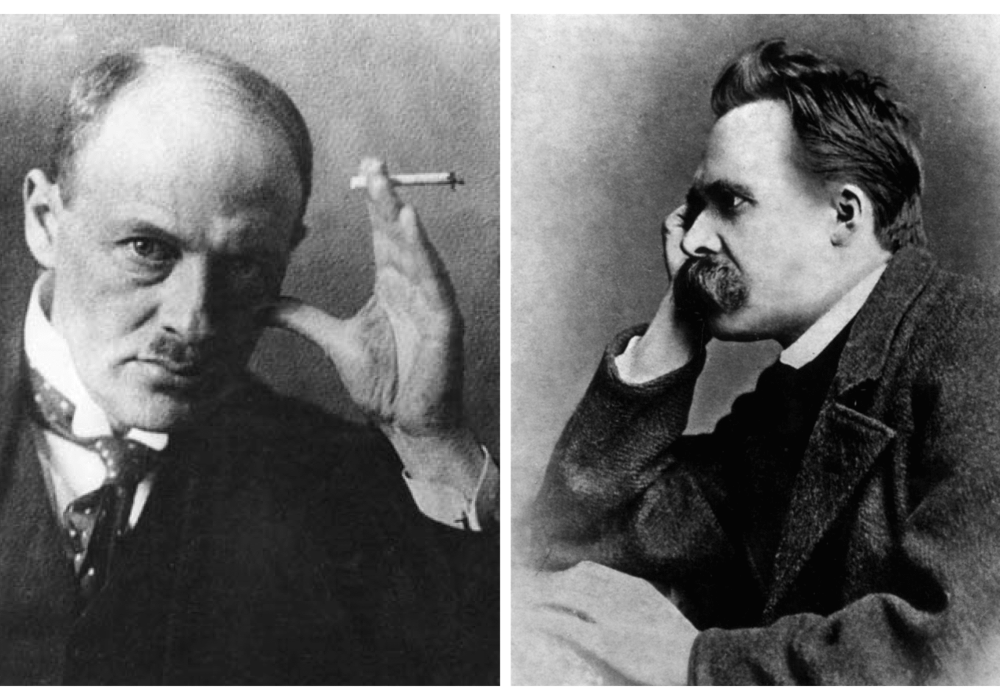REGISTER HERE
Open to currently enrolled undergraduates, graduate students, and faculty. Copies of the readings will be provided for participants via web link.
Ressentiment is a term of art in philosophy and social theory for the psychological pathology of self-loathing that the human person may experience vis-à-vis an other who is imagined to be stronger, more noble, or “higher.” Friedrich Nietzsche famously associated ressentiment with the overturn of the ancient moral order and its replacement with Christian morality – such that glory, honor, and magnificence were replaced with humility, turning the other cheek, and poverty of spirit. Nietzsche’s understanding of ressentiment is associated as well with his broader critique of modernity, modern institutions like democracy and the market, and modern sociality as reflected in notions such as mass society and Thus Spoke Zarathustra’s “last man.”
The phenomenologist and social theorist, Max Scheler, seized on the idea of ressentiment for his own critique of modernity, but rejected Nietzsche’s argument that its provenance lies in Christianity. Ressentiment, Scheler perceived, is indeed at the heart of the crisis of modernity, but its ubiquity in the contemporary world should be traced to modern institutions, like the market and modern democracy, and not to Christianity. Christianity, he thought, is fundamentally incompatible with the psychology of ressentiment and offers the clearest hope for reversing its danger. To what extent, though, does Scheler’s hope extend to the institution of democracy?
Among those directly influenced by Scheler’s thought were Edith Stein, Waldemar Gurian, Romano Guardini, Roman Ingarden, Dietrich von Hildebrand, and Karol Wojtyla.
REQUIRED READINGS
- Max Scheler, Ressentiment, tr. Lewis A. Coser, Milwaukee, Marquette University Press, 1994. Chs. 3 & 4.
SECONDARY READINGS
- Friedrich Nietzsche, The Genealogy of Morals, tr. Walter Kaufmann and R. J. Hollingdale, New York, Random House, 1967. First Essay, especially sections 8-14. Cf.
- Friedrich Nietzsche, Thus Spoke Zarathustra ,tr. Adrian Del Caro, Cambridge University Press, 2006. “Zarathustra’s Prologue,” “Of the Flies of the Marketplace,” and “Of the Tarantulas.”
SCHEDULE
1:30pm Coffee & Tea
2:00pm Welcome
2:15pm Session I
3:30pm Break
3:45pm Session II
5:00pm End, Wine & Cheese Reception

